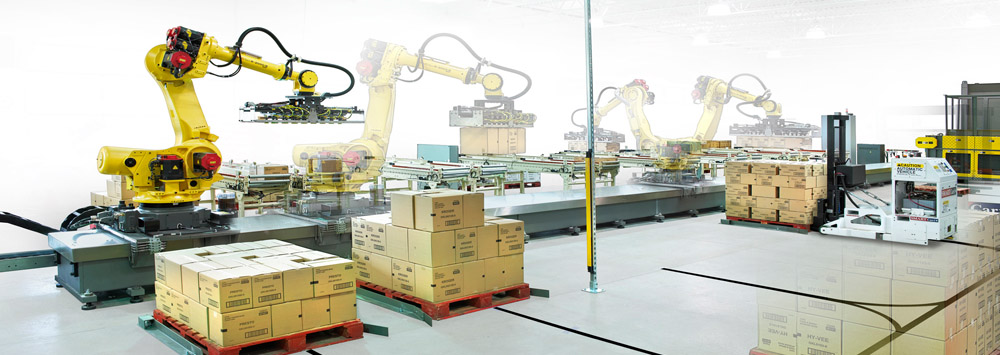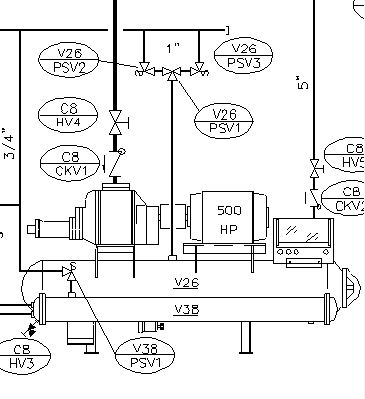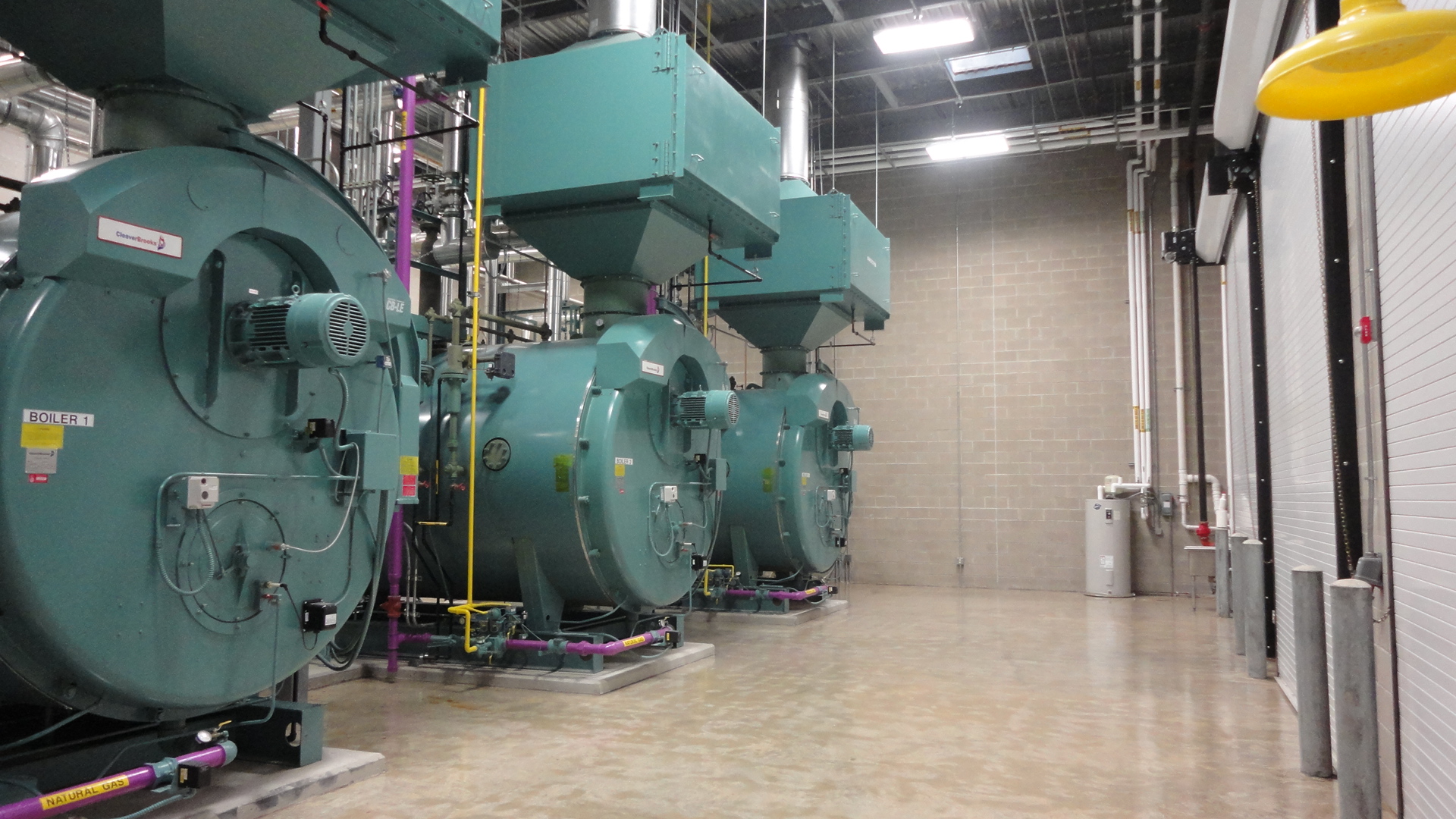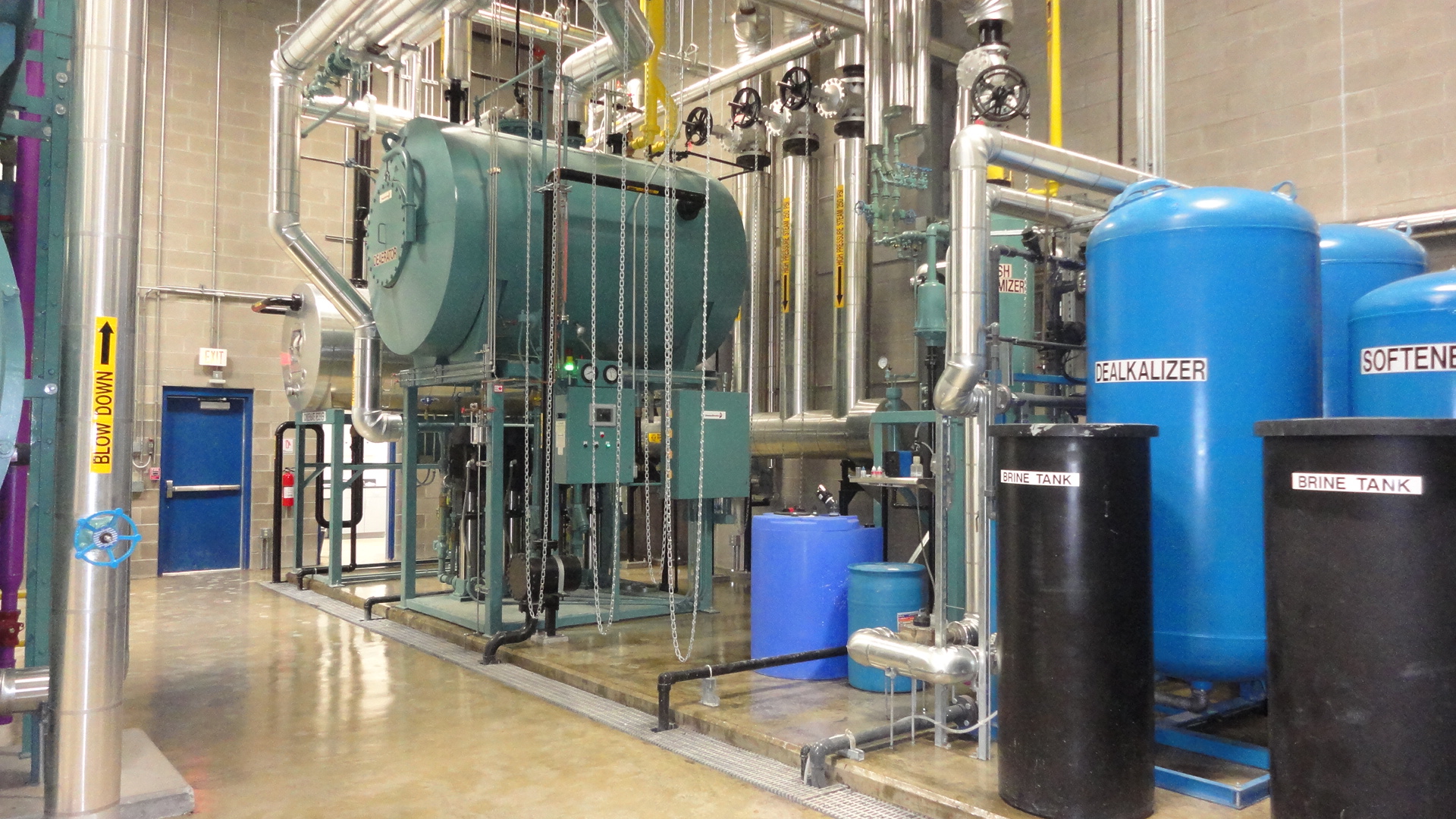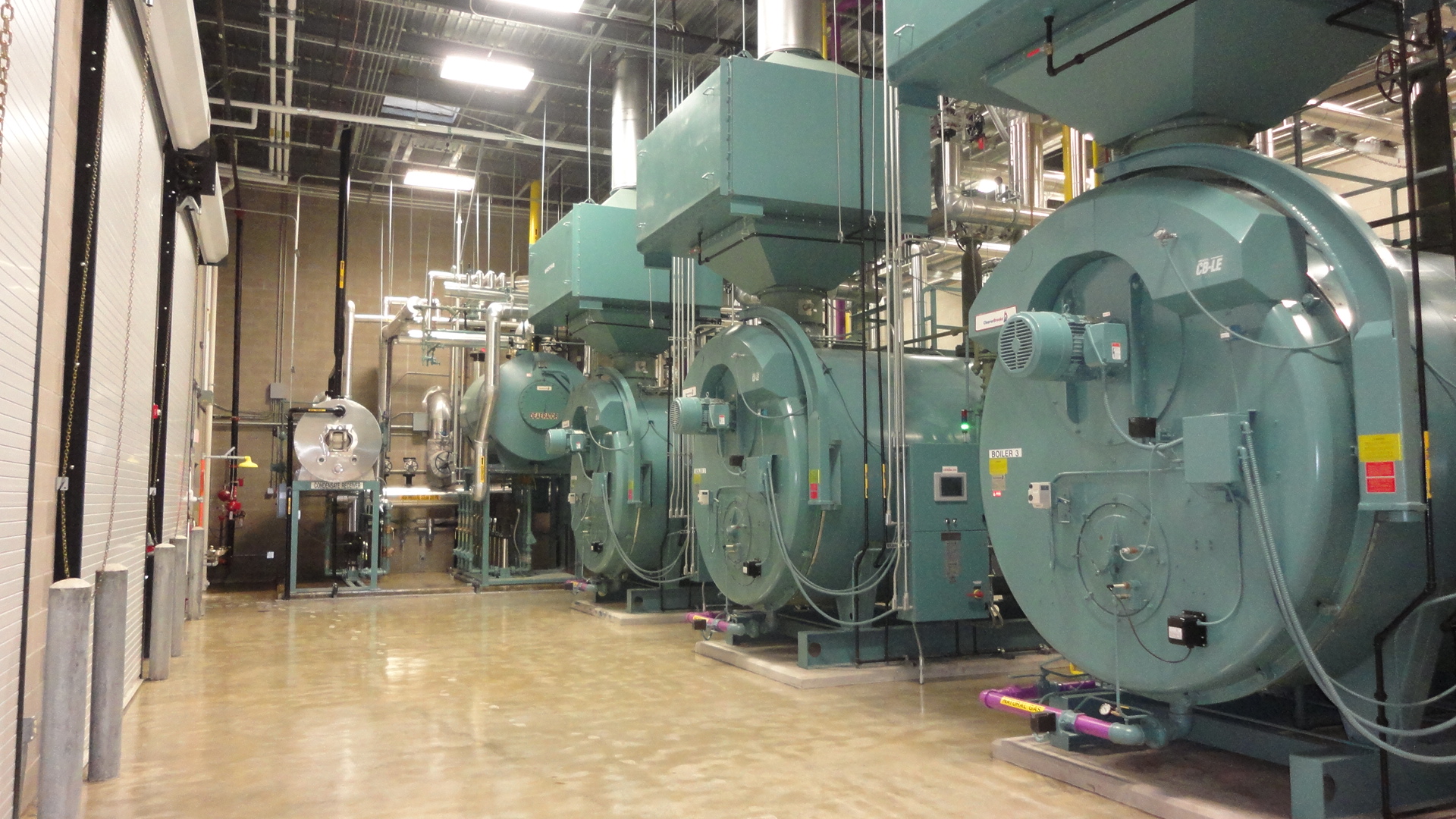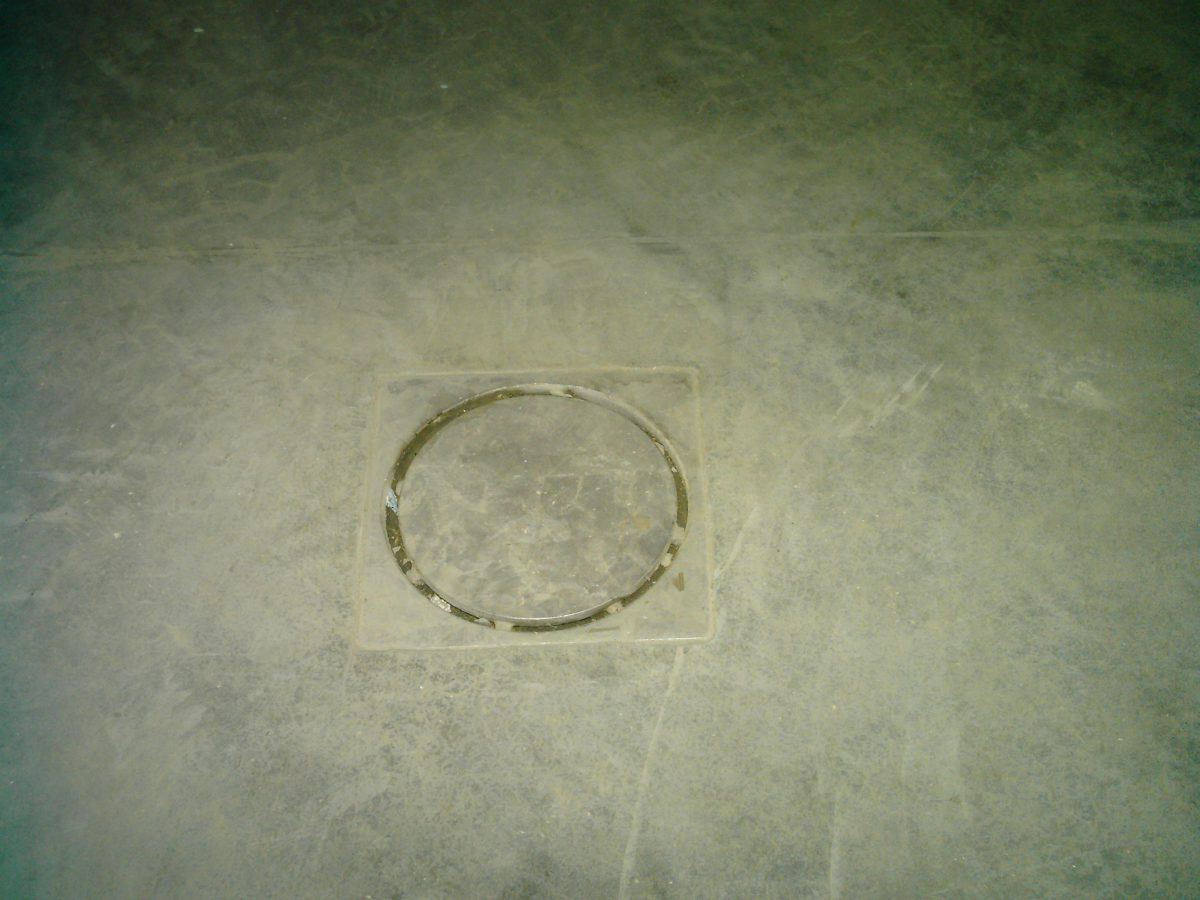Key Changes to NFPA 13’s Sprinkler System Codes
Recently, the National Fire Protection Association (NFPA) updated NFPA 13: Standard for the Installation of Sprinkler Systems. The majority of the changes clarify issues contained in the code’s previous versions, but there have been some very significant changes that may impact manufacturing and warehouse facilities. Not all local and state jurisdictions have adopted the 2013 version of NFPA 13, so it’s important to check with the applicable permitting agencies to determine which version they use.
Continue Reading “Key Changes to NFPA 13’s Sprinkler System Codes”



